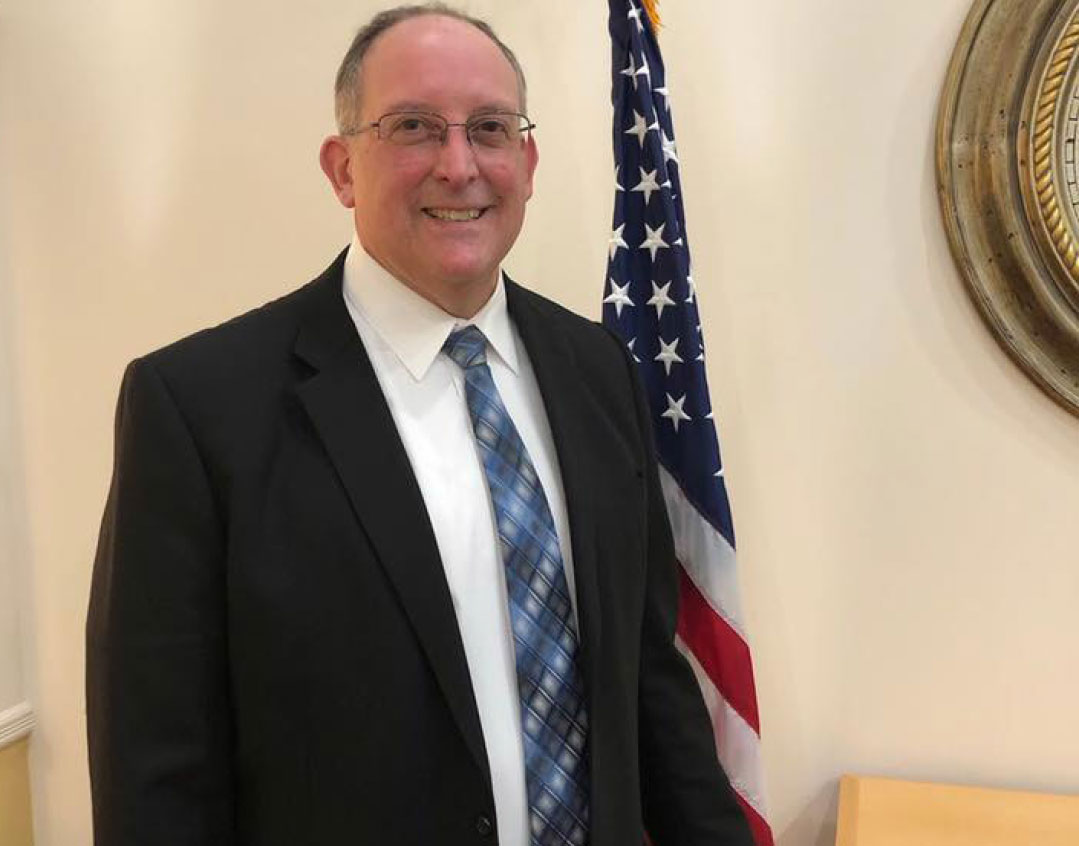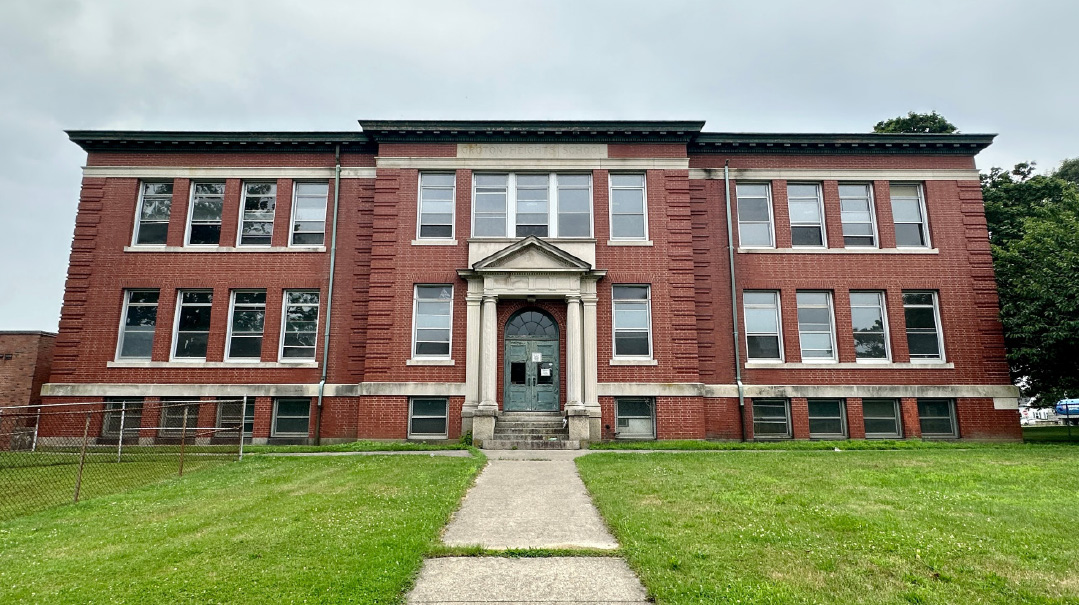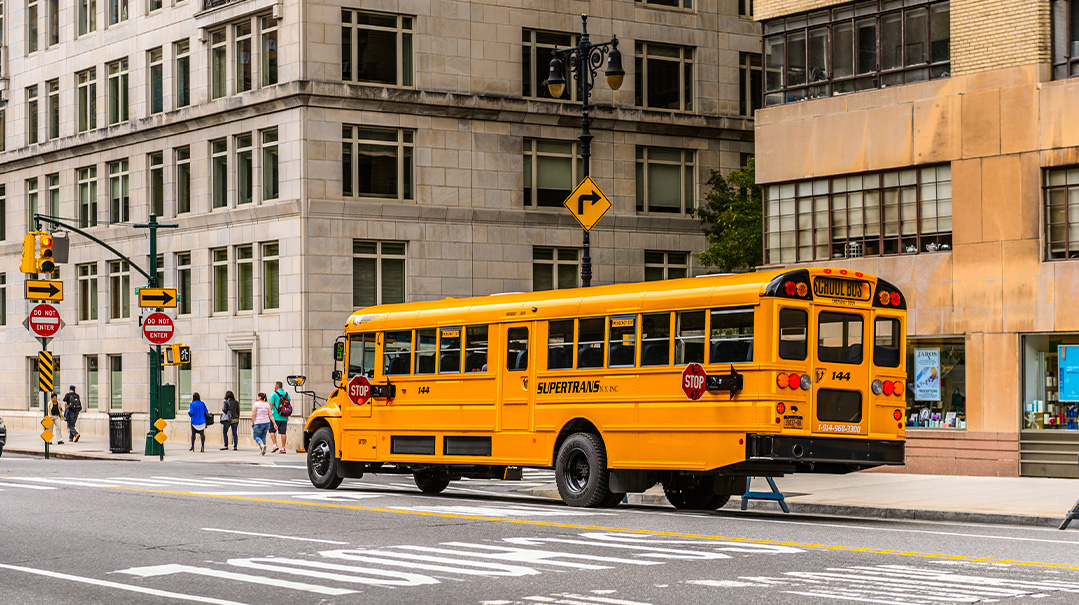Winds of Change for Airmont’s Jews


Fresh Air: Mayor-elect Nathan R. Bubel
T
he mayor of the Rockland County village of Airmont was defeated in his first reelection bid last Tuesday, four years after he ran for office with the promise to keep the Jews out.
Phillip Gigante and his fellow candidates for village trustees were turned out by voters in the village bordering Monsey, following a tumultuous election season. The chaos culminated in Gigante’s admitting three weeks before voting day that he “couldn’t defend” his campaign’s filing papers from allegations of voter fraud. He was removed from the ballot and then mounted a losing write-in campaign.
Instead, Nathan R. Bubel will be the next mayor of Airmont after winning 51% of the vote against Gigante’s 43%. Some 3,132 people cast ballots, for a 90% participation rate, the highest voter turnout in the village’s history.
The duel between Gigante’s “Preserve Airmont” party and Bubel’s “Protect Airmont” group played out in court before it went to the voters. Bubel’s side charged that Gigante’s party did not have enough valid signatures to qualify for a spot on the ballot; State Supreme Court Judge Sherri Eisenpress concurred, and Gigante was disqualified, as were his allies, village trustees Paul Marchesani and Anthony Valvo.
Airmont can be described as a village founded in hate; its incorporation in 1991 was designed to segregate its residents away from Ramapo and its Jews. That year, it became the target of the first-ever lawsuit by the United States Department of Justice for religious discrimination against Orthodox Jews.
When Agudath Israel of America activists met with William Barr, the newly re-inducted attorney general, during their visit to Washington two weeks ago, Rabbi Chaim Dovid Zwiebel, the group’s executive vice president, showed him a clip of a 1991 Agudah dinner at which Barr, the then-as-now attorney general, was honored. The voice of the late Rabbi Moshe Sherer pleading for justice in Airmont through Rabbi Zwiebel’s phone could have easily been set in 2019.
It’s 28 years later, the same attorney general who brought that lawsuit is back in office, and there are two lawsuits against the tiny village of 8,600 residents that nearly 1,000 Jews call home. The only difference is who is the mayor. The old administration of the 1990s eventually made peace with Jewish residents, ending a sustained barrage of zoning and enforcement attacks as part of a federal settlement.
Enter Phillip Gigante. An upstart politician, he ran for village mayor four years ago with the promise to make life as hard as possible for the burgeoning Jewish population.
Gigante and his two allies on the board, Paul Marchesani and Anthony Valvo, instituted a regime described by village residents as softball anti-Semitism. Zoning laws were changed to make it harder to extend homes. Parking regulations were tightened to make it illegal to park overnight — with Shabbos parking near shuls the clear target. Laws regulating “parades” were enacted weeks after a hachnassas sefer Torah.
“Thirty years of religious bigotry are enough,” declared Hiram Sasser, an attorney with First Liberty Institute, who filed one of three lawsuits currently facing the village. “The Orthodox Jewish community of Airmont just wants to be left alone to peacefully worship and coexist, but Airmont officials are openly hostile.”
Those “hostile” officials are now on their way out. Time will tell if the village will embrace its Jewish citizens.
(Originally featured in Mishpacha, Issue 754)
Oops! We could not locate your form.













